Pregnant People at Higher Risk of Severe Coronavirus Disease
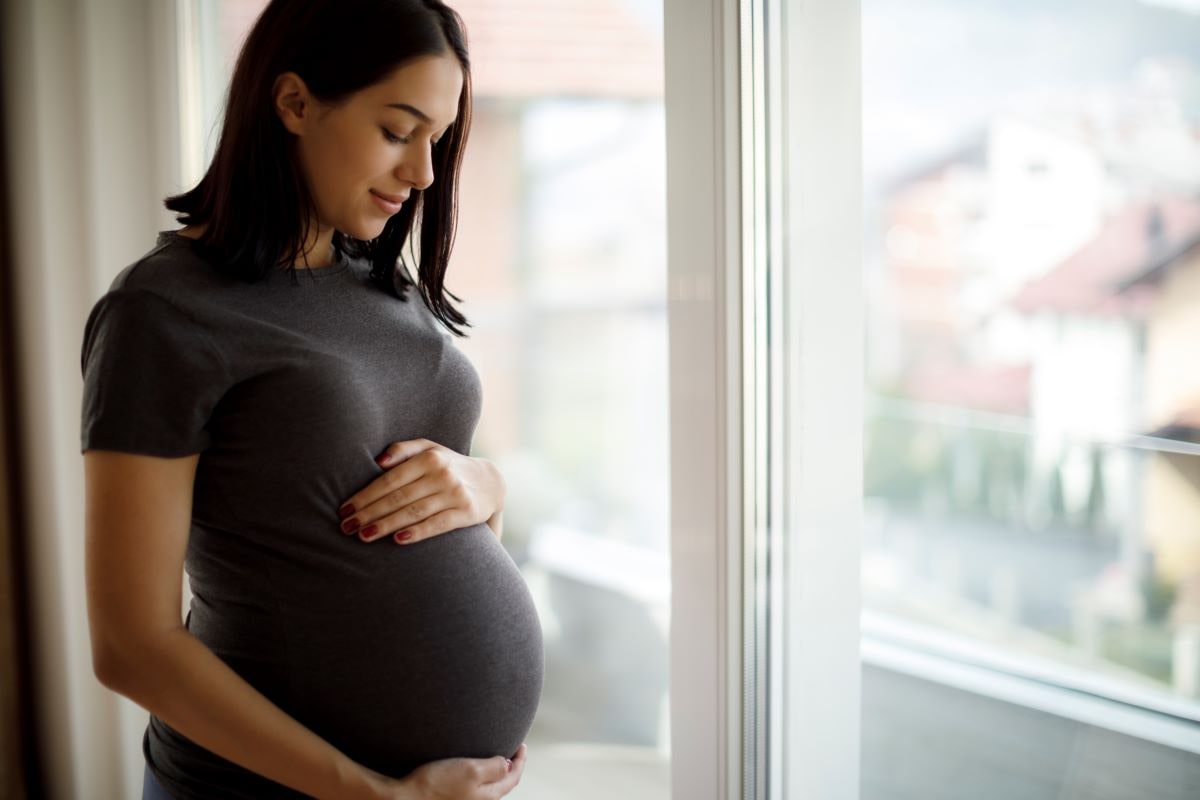
What You Need to Know
The overall risk of severe disease is low, pregnant people and recently pregnant people are at an increased risk for severe disease from coronavirus when compared to non-pregnant people.
Having specific hidden medical diseases, and other factors, including age, could further increase a pregnant or newly pregnant (for at least forty-two days following the end of pregnancy) person’s risk for developing serious coronavirus disease.
Pregnant people with coronavirus are also at higher risk for premature birth (delivering the baby before thirty-seven weeks) and may be at higher risk for other poor pregnancy results.
Pregnant and newly pregnant people and those who live with or visit them need to take steps to defend themselves from getting ill by the coronavirus.
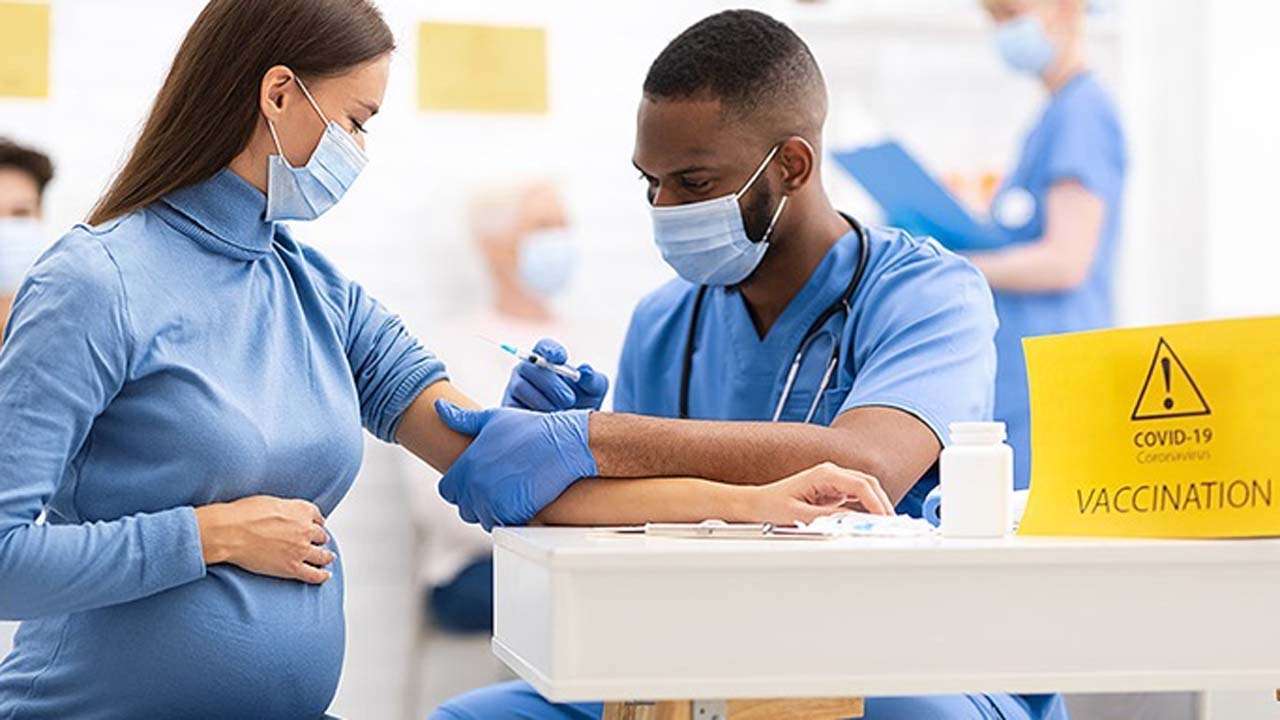
Increased Risk of Severe Disease
Pregnant and newly pregnant people are more likely to get severely sick from COVID-19 as compared to non-pregnant people. Pregnancy causes alterations in the body that can make it easier to get very ill from respiratory viruses like the one that causes coronavirus. These changes in the body could continue after pregnancy.
Severe disease means that a person with coronavirus might require:
Hospitalization
Intensive care
A ventilator (respirator) or special equipment to help them breathe
People with COVID-19 who become severely sick could die.
Specific Factors Could Increase the Risk
Other factors could further increase a pregnant or newly pregnant person’s risk for getting severely sick from COVID-19, such as:
Having specific underlying medical diseases
Being older than 25 years
Living or working in a community with a high number of coronavirus cases
Living or working in a community with low levels of coronavirus vaccination
Working in places where it is hard or not possible to keep at least six feet apart from people who may be sick.
Being part of some racial and ethnic minority groups, which have been put at higher risk of getting ill from COVID-19 because of the health inequities they face.
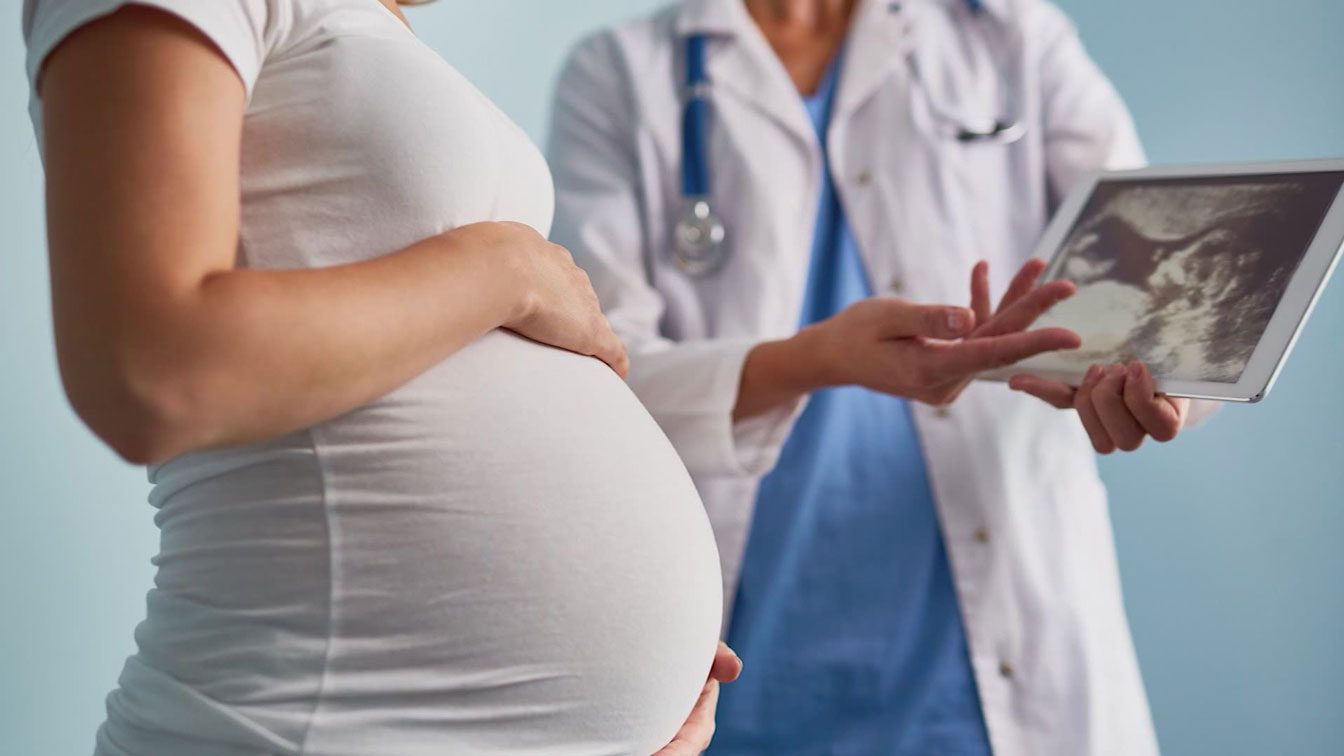
Effect on Pregnancy Results
Pregnant people with COVID-19 are more likely to experience premature birth (delivering the baby before thirty-seven weeks) and may be more likely to have other poor outcomes associated with pregnancy compared to pregnant people without COVID-19. Other poor pregnancy consequences, like pregnancy loss, have been reported.
COVID-19 Vaccine and Pregnancy
COVID-19 vaccination is recommended for all people age 12 years and older, including people who are pregnant, breastfeeding, trying to get pregnant now, or may become pregnant in the future. If you have questions about getting vaccinated, talking with your healthcare professional may help, but is not needed.
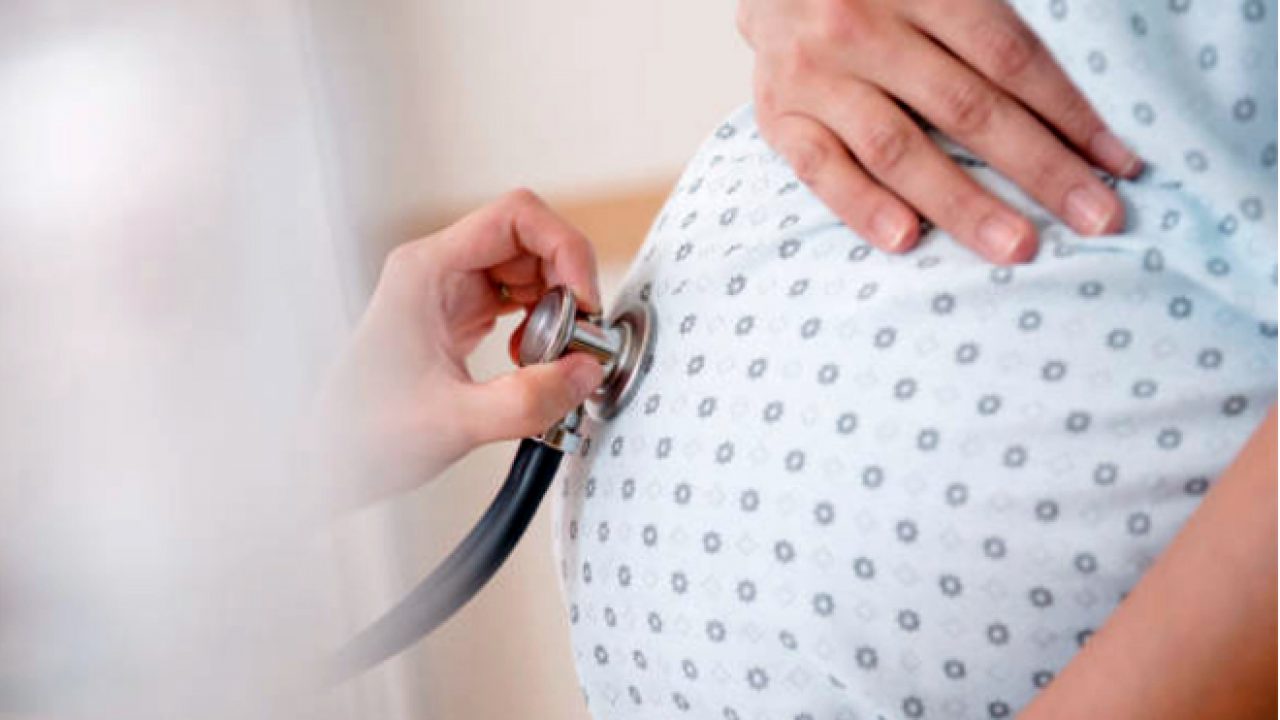
When You Are Completely Vaccinated
If you are completely vaccinated, you could participate in many of the activities that you did previous to the pandemic. Getting vaccinated prevents severe disease, hospitalizations, and death. Unvaccinated people should get vaccinated and continue masking till they are completely vaccinated. To maximize protection from variants and prevent possibly spreading the virus to others, completely vaccinated people should wear a mask indoors in public in regions of substantial or high transmission. With the emergence of variants, this is more urgently needed than ever.
Reducing Your Risk of Getting COVID-19 If You Are Not Completely Vaccinated
It is particularly important for pregnant and newly pregnant people, and those who live or visit with them, to take steps to defend themselves and others from getting coronavirus.
Limit in-person interactions with people who may have been exposed to coronavirus, including people within your household, as much as possible. If you or someone in your household is ill with COVID-19, follow guidance for isolation.
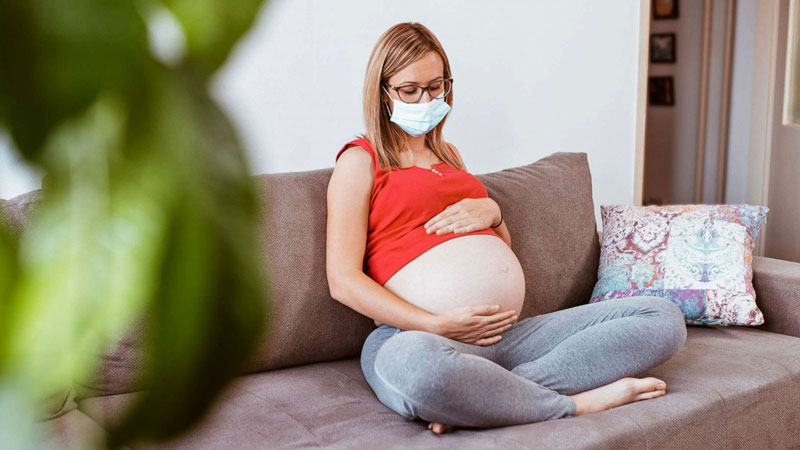
Stay in Good Health During and After Your Pregnancy
Keep all of your healthcare appointments during and after the pregnancy. Visit with your healthcare provider for all the recommended appointments. If you are worried about going to your appointments personally due to coronavirus, ask your healthcare provider what steps they are taking to protect the patients from the coronavirus, or ask about telemedicine options. If you require help finding a healthcare professional, contact your nearest hospital, clinic, community health center, external icon, or health department.
Speak to your healthcare provider about how to stay healthy and take care of yourself and the baby.
Ask any questions you have about the better place to deliver your baby. Delivering a baby is always safest under the care of trained healthcare providers.
You should also talk to your healthcare provider if you think you are experiencing depression during or after the pregnancy.
Get recommended vaccines during pregnancy - These vaccines could help protect you and your baby.
Get a flu vaccine every year - Others living in your household should also get vaccinated to defend themselves and you.
Get the Tdap (Tetanus, Diphtheria, and Pertussis) vaccine - To protect your baby against whooping cough, which could have similar symptoms to COVID-19. The Centers for Disease Control and Prevention (CDC) recommends all pregnant people receive a Tdap (tetanus, diphtheria, and pertussis) vaccine during each pregnancy. In addition to this, everyone who is around the baby should be up to date with their whooping cough (pertussis) vaccine.
Call your healthcare provider if you have any issues or concerns about your pregnancy, if you get ill, or if you think that you might have coronavirus.
Do not delay getting emergency care due to worries about getting COVID-19. Emergency departments (EDs) have steps in place to protect you from getting COVID-19 if you require medical care.
If you require emergency help, call 911 immediately. If somebody else is driving you to the emergency department (ED), call the emergency facility while you are on the way. If you must drive yourself, call before you begin driving.
Tell them that you are pregnant or were newly pregnant and are having an emergency.
Seek medical care right away if you experience any urgent maternal warning signs and symptoms (for instance, the headache that would not go away, dizziness, fever, severe inflammation of hand, face, arm, or leg, difficulty breathing, chest pain, or fast-beating heart, severe nausea and throwing up, or vaginal bleeding or discharge during or after the pregnancy). These signs and symptoms can indicate a possibly life-threatening complication.
If you or anyone you know is suffering from coronavirus (COVID-19), our expert providers at Post Covid Centers will take care of your health and help you recover.
Call 469-545-9983 to book a telehealth appointment for a home check-up.
Post Covid Syndrome vs. Fatigue
While COVID-19 is a short-lived disease in most people, others experien...
Post Covid Syndrome vs. Skin Weakness Problems
A new study illustrates that some patients with COVID-19 disease have continuous skin-associated symptoms...
RELATED BLOGS
